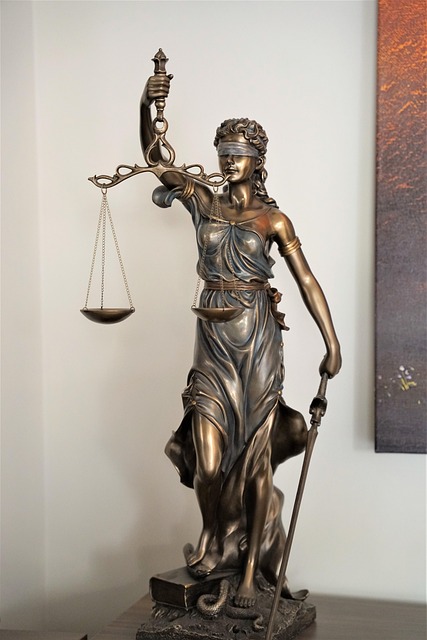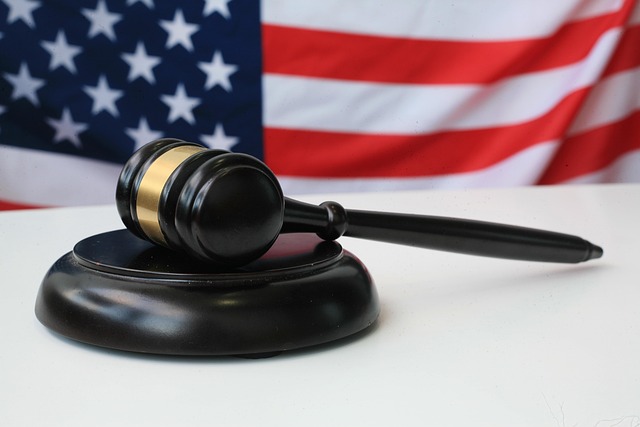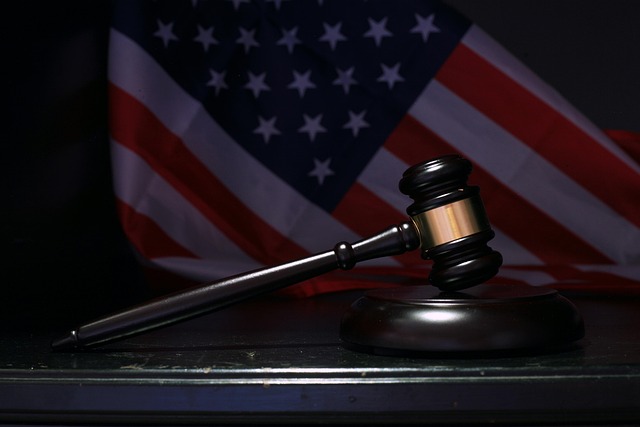Corporate Crime Investigations face a challenge uncovering white-collar crimes, relying on meticulous record analysis to expose hidden transactions. Plea bargaining emerges as a powerful tool, offering quicker resolutions and potential sentence mitigation through cooperation. This strategy influences sentencing severity, balancing justice with business consequences, and impacts both legal outcomes and future corporate dynamics. While praised for resource efficiency, critics debate its effect on accountability, underscoring the delicate balance in managing plea bargains to ensure effective justice and understanding of complex business operations.
Corporate Crime Investigations delve into complex financial schemes, demanding a nuanced approach. This article explores critical aspects of unraveling corporate misconduct, focusing on plea bargaining as a pivotal strategy in achieving justice. We analyze how plea bargaining negotiations significantly influence sentencing decisions and examine the impact on both businesses and society. By weighing justice against business realities, we uncover alternative approaches to enhance accountability while fostering fair outcomes. Understanding these dynamics is crucial for navigating the intricate landscape of corporate criminal cases and assessing their broader implications.
- Understanding Corporate Crime Investigations: Unraveling Complex Financial Schemes
- The Role of Plea Bargaining: Negotiating Justice in Corporate Criminal Cases
- Analyzing the Impact: How Plea Bargaining Affects Sentencing Decisions
- Balancing Justice and Business Reality: Exploring Alternative Approaches
Understanding Corporate Crime Investigations: Unraveling Complex Financial Schemes

Corporate Crime Investigations delve into complex financial schemes, requiring a nuanced understanding of both criminal law and corporate practices. These inquiries often involve white-collar crimes, where sophisticated tactics are employed to defraud investors, manipulate markets, or evade regulatory compliance. Detectives must navigate labyrinthine financial records, uncover hidden transactions, and interpret intricate accounting practices to build solid cases. The challenge lies in presenting a clear picture of the alleged wrongdoing, as corporate defendants often employ robust legal strategies.
One critical aspect that can significantly influence the outcome is plea bargaining. The impact of plea bargaining on sentencing severity is profound. Defendants may choose to cooperate with investigators by pleading guilty, potentially leading to reduced charges and sentences. This approach can be a winning strategy for both prosecutors and defendants, as it allows for quicker resolutions in high-profile cases and may result in more favorable outcomes for those accused of corporate crimes, including the possibility of challenging defense verdicts or achieving acquittals in jury trials.
The Role of Plea Bargaining: Negotiating Justice in Corporate Criminal Cases

In corporate crime investigations, plea bargaining plays a pivotal role in negotiating justice. This strategy allows companies to avoid indictment by striking deals with prosecutors, where they admit guilt and cooperate in exchange for reduced charges or penalties. The impact of plea bargaining on sentencing severity is significant; it can lead to lighter fines, less restrictive conditions, or even the dismissal of certain charges. This approach not only fosters a sense of accountability but also encourages companies to take responsibility for their actions during all stages of the investigative and enforcement process.
Moreover, plea bargaining can benefit the philanthropic and political communities by enabling resources to be redirected towards preventive measures and restorative justice initiatives. Companies may opt for this route to preserve their reputation, maintain operations, and demonstrate commitment to ethical practices moving forward. Understanding the dynamics of plea bargaining is crucial in shaping effective corporate governance strategies that balance accountability with the need to support positive societal changes.
Analyzing the Impact: How Plea Bargaining Affects Sentencing Decisions

In corporate crime investigations, plea bargaining plays a significant role in shaping sentencing decisions. This strategy, where a defendant agrees to plead guilty in exchange for reduced charges or a lighter sentence, can have profound implications on both the corporation and its individual clients. The impact of plea bargaining extends beyond immediate legal consequences, influencing future business dynamics and public perception. Achieving extraordinary results through effective plea bargaining can mitigate reputational damage and foster trust among respective business stakeholders.
However, the effect on sentencing severity is a nuanced matter. While plea bargains often lead to reduced penalties, they may also raise concerns about leniency. Prosecutors must balance the need for justice with potential incentives for cooperation. This delicate approach ensures that corporations are held accountable for their actions while considering the broader impact on their operations and the well-being of all involved parties.
Balancing Justice and Business Reality: Exploring Alternative Approaches

In the realm of corporate crime investigations, balancing justice with the practical realities of business is a delicate task. Traditional approaches often focus on severe punishment and strict adherence to legal boundaries, but this may not always serve as an effective deterrent for white-collar crimes. Alternative strategies, such as plea bargaining, have emerged as a controversial yet impactful method. By offering reduced sentences or avoiding indictment in exchange for cooperation, prosecutors can gain valuable insights into complex financial schemes and hold individuals accountable while also considering the respective business’s unique circumstances.
This approach has its advantages, especially in terms of managing resources efficiently and providing incentives for corporate entities to cooperate with investigations. However, critics argue that plea bargaining may undermine the integrity of justice by potentially leading to less severe sentencing compared to cases that proceed to trial. The plea bargaining impact on sentencing severity is a nuanced consideration, as it requires striking a balance between holding offenders accountable and recognizing the complexities of corporate structures and their respective business operations.
Corporate crime investigations demand a nuanced approach, balancing justice with the unique complexities of business world. While plea bargaining plays a significant role in reaching resolutions, its impact on sentencing severity is a crucial consideration. By analyzing the effects of plea agreements, we can better understand how they shape legal outcomes and explore alternative strategies to ensure fairness without unduly penalizing corporate entities. Ultimately, striking the right balance between accountability and proportionality is essential for effective corporate crime justice.






